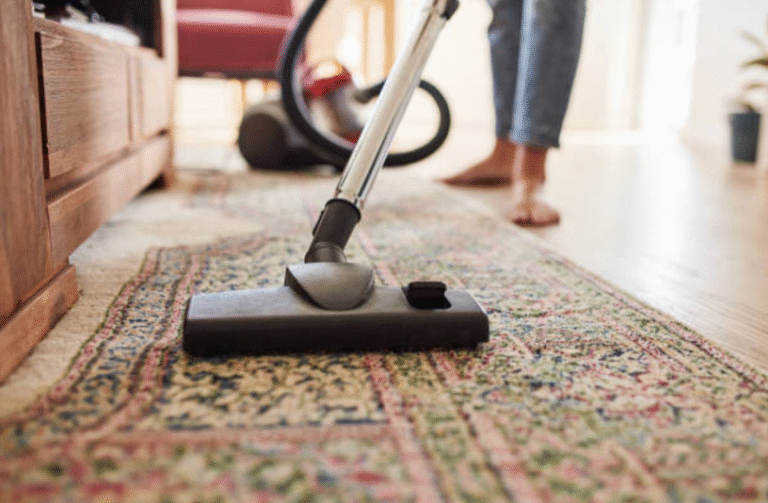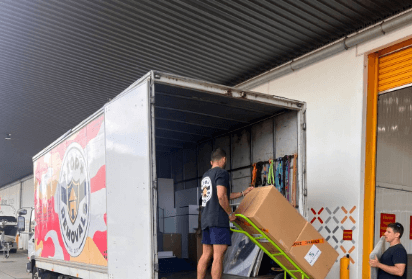Your Child Got Injured—What Are Your Legal Options?
Seeing your child injured is one of the hardest things a parent can face. Whether it happens at school, daycare, on the playground, or during a supervised activity, it’s natural to question how and why it happened. While some injuries are unavoidable, others occur due to negligence. If your child’s injury was caused by someone else’s actions, you may have legal options. Knowing your rights can help you make informed decisions, ensuring your child gets the care they need and those responsible are held accountable.
Determining the Cause of the Injury
The first step in exploring your legal options is identifying how the injury happened and if it could have been prevented. Common causes of child injuries include:
- Lack of supervision
- Unsafe premises or playground equipment
- Improper handling by caregivers or teachers
- Car accidents while a child is a passenger
- Defective toys or products
- Physical altercations at school
If the injury was caused by someone’s irresponsibility, it may be considered negligence. Parents can take legal action if another party’s carelessness caused their child’s injury.
Seek Medical Attention and Keep Records
After any injury, prioritize medical care. Have a healthcare professional evaluate your child, even if the injury seems minor. Symptoms can sometimes appear hours or days later.
Keep detailed records of everything related to your child’s treatment, including:
- Medical diagnoses and procedures
- Prescription medications
- Follow-up appointments
- Bills and out-of-pocket costs
- Notes on your child’s recovery process
These documents are vital for building a legal case, showing the injury’s severity and its financial impact on your family.
Understanding Liability
In child injury cases, liability refers to the legal responsibility of the party or organization that contributed to the incident. This could include:
- A school or daycare provider who failed to supervise
- A property owner who did not maintain safe conditions
- A driver involved in a car crash
- A manufacturer of a defective toy or product
If you suspect negligence, contact a trusted child injury attorney in Columbus. They can investigate the incident, identify responsible parties, and determine if a civil claim is appropriate while guiding you through the process.
Filing a Personal Injury Claim for a Minor
A parent or guardian can file a personal injury claim on behalf of a child. The goal of such a claim is to recover compensation for:
- Medical expenses (past and future)
- Pain and suffering
- Emotional trauma
- Permanent disability or scarring
- Lost enjoyment of life or activities
The process may involve negotiating with insurance companies or filing a lawsuit if a settlement isn’t reached. An experienced child injury attorney can guide you through every step, from deadlines to courtroom representation if needed.
Time Limits to File a Claim
Personal injury cases involving minors differ from those involving adults. Usually, the statute of limitations for a child’s injury claim starts when they turn 18. However, parents may need to address claims like medical expenses within the standard two-year time frame. Missing these deadlines can forfeit your right to compensation. To protect your child’s future and simplify the process, consult a skilled child injury attorney early.
See Also: Building Clean: Best Practices for Eco-Friendly Energy Projects
How an Attorney Can Help
Working with a child injury attorney provides more than just legal representation. An experienced lawyer can:
- Handle all communication with insurance companies
- Investigate the incident and gather evidence
- Consult medical experts to support your claim
- Negotiate a fair settlement
- File a lawsuit if necessary
Having legal support allows you to focus on your child’s healing while ensuring your rights are protected.
Supporting Your Child After the Incident
Beyond physical recovery, children often need emotional support too. Injuries, especially from negligence, can be traumatic. Watch for signs of anxiety, withdrawal, or behavior changes, and consider consulting a child psychologist. Creating a safe, supportive home and maintaining open communication can help your child feel secure during recovery.
Conclusion
No parent wants to consider legal action, but when your child is injured due to someone else’s negligence, it’s important to protect their rights. A skilled child injury attorney can help you seek justice and secure the compensation your child deserves. Taking action now protects your child’s future and helps make the environment safer for others.






